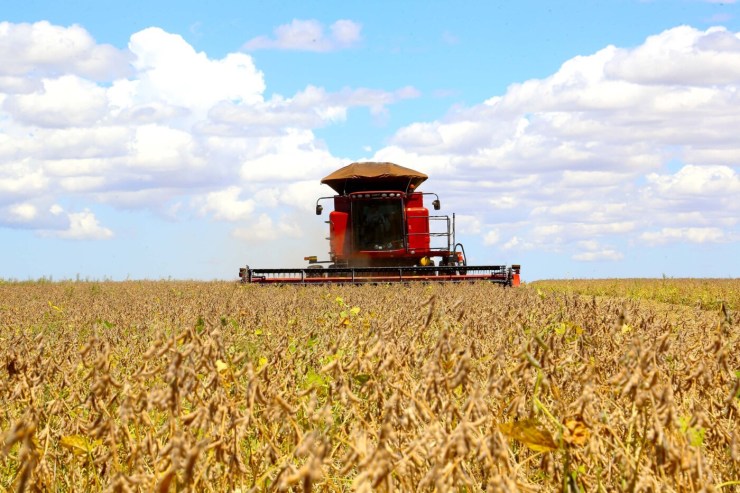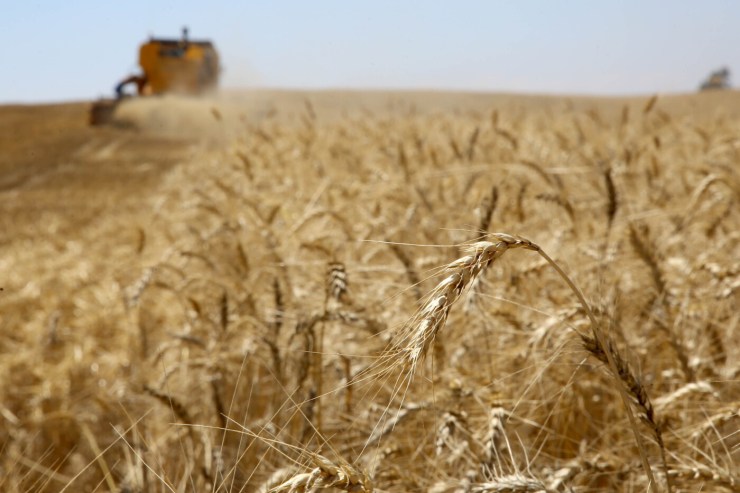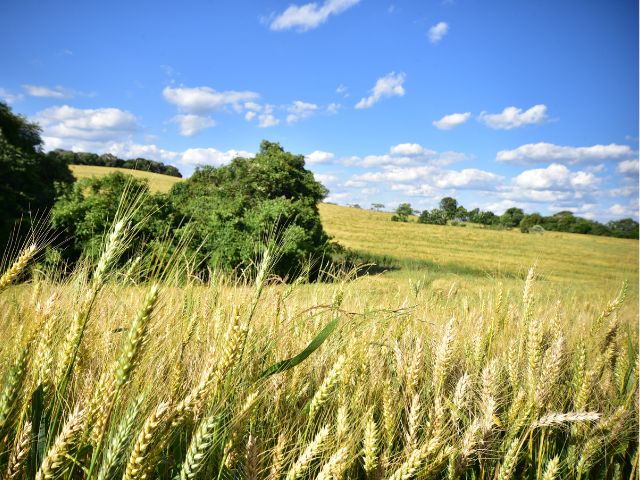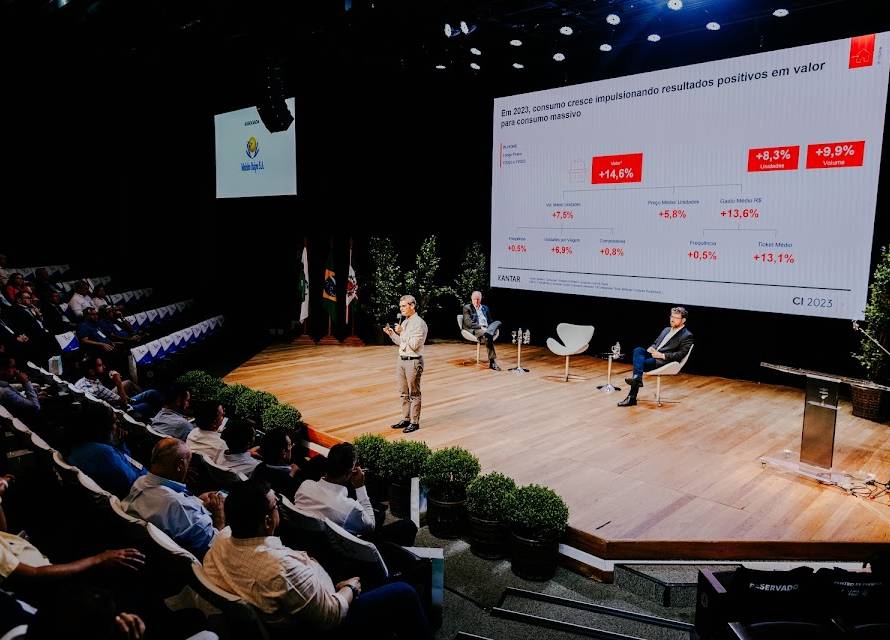With the second corn harvest expected to reach 16.15 million tons and even with expected losses due to the weather, the 2024/25 harvest is expected to be the largest in history. The sum of the first and second corn harvests is expected to exceed the 18.1 million tons recorded in the historic 2016/17 harvest.

Photo: Jaelson Lucas
This is one of the pieces of information provided in the Subjective Harvest Forecast (PSS), released on Thursday (29) by the Department of Rural Economy (Deral), of the State Secretariat for Agriculture and Supply (Seab).
The second corn harvest, which has already been planted at 100%, is also taking place in a larger area. The 2.72 million hectares registered are 7.4% higher than in the previous cycle, the document points out.
The first corn crop was harvested last week and showed good results. The crop had the highest average productivity per hectare in history, with around 10.8 thousand kilos harvested per hectare. Despite the loss of 8% of area compared to the previous year, when 298.2 thousand hectares were planted, while this year there were 274.5 thousand, the crop yielded almost 3 million tons.
Barley
With 31% of barley planted in an area estimated at 94.3 thousand hectares (17% larger than the last cycle), the initial forecast is that 411.5 thousand tons of the crop will be produced, a production 39% larger than the previous year, in which 296.1 thousand tons were harvested.
Planting should accelerate with the start of work in the Guarapuava region (Center-South), a municipality that dominates the

Photo: Jaelson Lucas
production of culture in the State.
Coffee
Coffee also brings optimism in Deral's forecast, which estimates the production of 42.8 thousand tons, 6% more than the previous harvest, recovering what was harvested in 2023 after having production affected by the drought last year.
Wheat
The document also shows that wheat production could reach 2.73 million tons, a figure 19% higher than the previous harvest, despite the area of 849.8 thousand hectares, which is 25% smaller than 2024, which was 1.13 million hectares.
The weather has been favorable for the crop, which is currently in good condition at 96%. If this scenario continues, crop productivity could reach 3.2 thousand kilos per hectare.
Bean
The drought associated with the presence of whiteflies has harmed the second bean harvest, which, with 100% of the planted area and just over half harvested, is expected to produce 534 thousand tons, 22% less than the previous year, when 680.9 thousand tons were harvested. In addition, the reduction of 25% of the planted area, which is 328.5 thousand hectares, directly affects production.

Photo: Gilson Abreu
Bulletin
Deral also released this Thursday the Agricultural Situation Bulletin, which presents information on banana and orange production, estimates for grains and data from the animal protein sector.
According to the Poultry and Swine Intelligence Center (CIAS) of Embrapa Swine (CNPSA), the production cost of live chicken in Paraná, raised in air-conditioned aviaries with positive pressure, reached R$ 4.88/kg in April 2025. This reality represents a slight increase of 0.4 % (or + R$ 0.02/kg) compared to the previous month (March: R$ 4.86/kg) and an increase of 14% (or + R$ 0.60/kg) compared to April 2024, when the cost was R$ 4.28/kg.
According to the data released, two factors were mainly responsible for this increase rate: feed, which increased by 15.2% in one year; and genetics (one-day-old chicks), whose annual increase was close to 20%.
In April 2025, the average state nominal price of live chicken to the producer in Paraná was R$ 5.07/kg, representing an increase of 8.6% in relation to the price of the previous month (+R$ 0.40), which was R$ 4.67/kg, and a value 13.7% (+R$ 0.61) higher than that practiced in April 2024 (R$ 4.46/kg).





